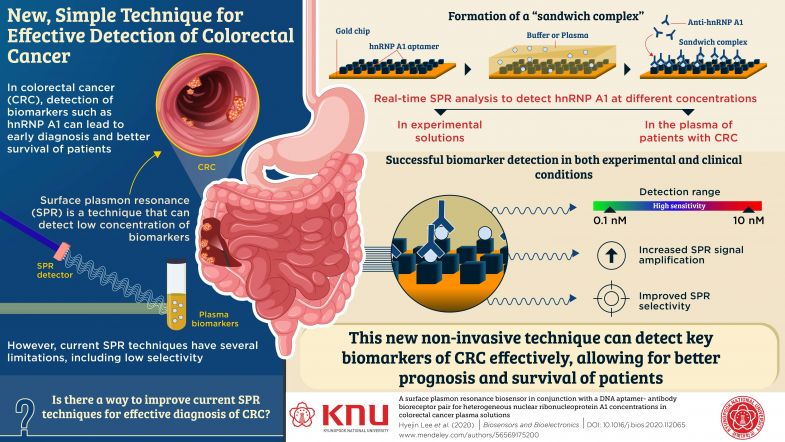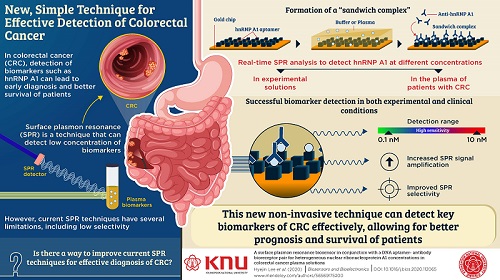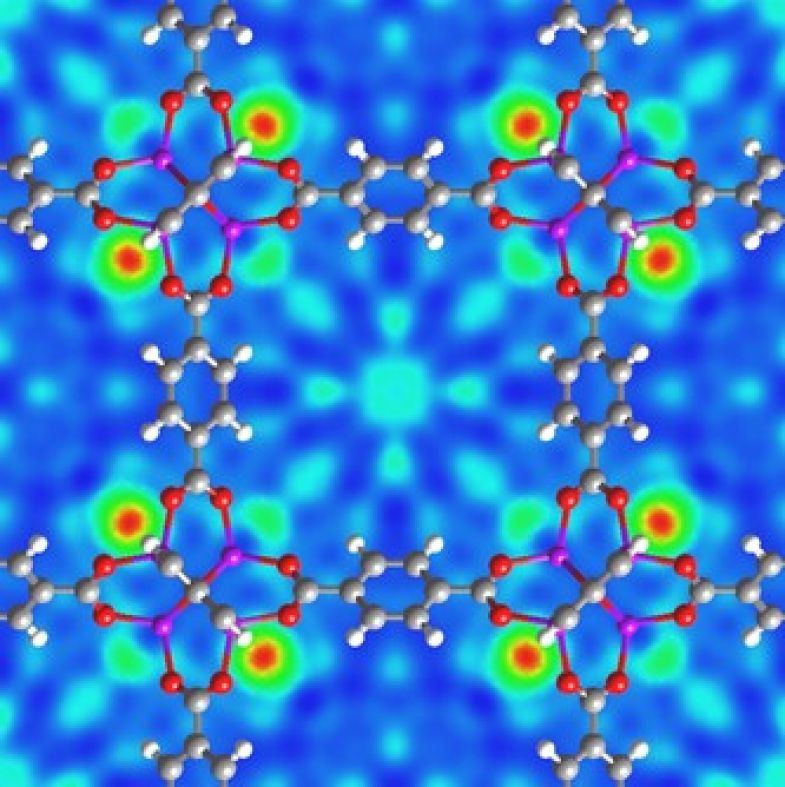Nip it in the Bud: New, Simple Diagnostic Tool for Effective
5 (602) In stock

Nip it in the Bud: New, Simple Diagnostic Tool for Effective Detection of Colorectal Cancer Scientists devise novel method to detect key biomarker proteins associated with colorectal cancer, thus ensuring effective diagnosis and timely treatment The diagnosis of colorectal cancer is challenging in its early stages, owing to a lack of effective detection strategies. Responding to this urgent need, a team of scientists in Korea has now proposed a new diagnostic method based on a protein “biomarker” specific to colorectal cancer.

Nip it in the Bud: New, Simple Diagnostic Tool for Effective Detection of Colorectal Cancer

Nip Measurement

Kyungpook National University

10 truths a PhD supervisor will never tell you

Sigma-nip, Roller Alignment And Nip Width Measurement

Kyungpook National University Strives to Foster Innovation in the Field of Robots

Quadruple ultrasound, photoacoustic, optical coherence, and fluorescence fusion imaging with a transparent ultrasound transducer
in Air Conditioning Line Repair Tools.

Orion Motor Tech 4 Way AC Diagnostic Manifold Gauge Set for R410 R22 R134a Refrigerants Freon Charging and Vacuum Pump Evacuation with 5FT Hose 3 ACME

Hope, Hype or Harm? What We Know About New Cancer-Screening Tools - Tradeoffs

Antibiotics FAQ - HealthforAnimals

Natural Compound Derived from Olives May Hold the Key to Sepsis Treatment

What Is There in Seeds? Vertically Transmitted Endophytic Resources for Sustainable Improvement in Plant Growth

Research news Times Higher Education (THE)

Nip it in the Bud: New, Simple Diagnostic Tool for Effective Detection of Colorectal Cancer
Simplifying Cancer Detection using point-of-care Technologies
Stomach Cancer Diagnosis and Treatment or Prognosis
Evolutionary History of 2,658 Cancers Shows Promise for Early Detection
Blood-derived lncRNAs as biomarkers for cancer diagnosis: the Good, the Bad and the Beauty
The Latest Developments in Early Detection for Pancreatic Cancer - Pancreatic Cancer Action Network
 BVIMEPOS Butt Lifter Shapewear for Women Tummy Control Panties High Waist Body Shaper Faja Shapewear Shorts Slimming Thighs Beige : Clothing, Shoes & Jewelry
BVIMEPOS Butt Lifter Shapewear for Women Tummy Control Panties High Waist Body Shaper Faja Shapewear Shorts Slimming Thighs Beige : Clothing, Shoes & Jewelry Shapewear Slip Skirt
Shapewear Slip Skirt Estátua Goku Super Saiyan 3 Dragon Fist Explosion - Dragon Ball - FiguartsZERO - Bandai - Iron Studios Online Store
Estátua Goku Super Saiyan 3 Dragon Fist Explosion - Dragon Ball - FiguartsZERO - Bandai - Iron Studios Online Store All We Know Is Falling - Wikipedia
All We Know Is Falling - Wikipedia Artilheiros e garçons da Copa do Mundo 2022
Artilheiros e garçons da Copa do Mundo 2022 Satin Straight Leg Trousers Zara Satin Straight Leg Trousers
Satin Straight Leg Trousers Zara Satin Straight Leg Trousers